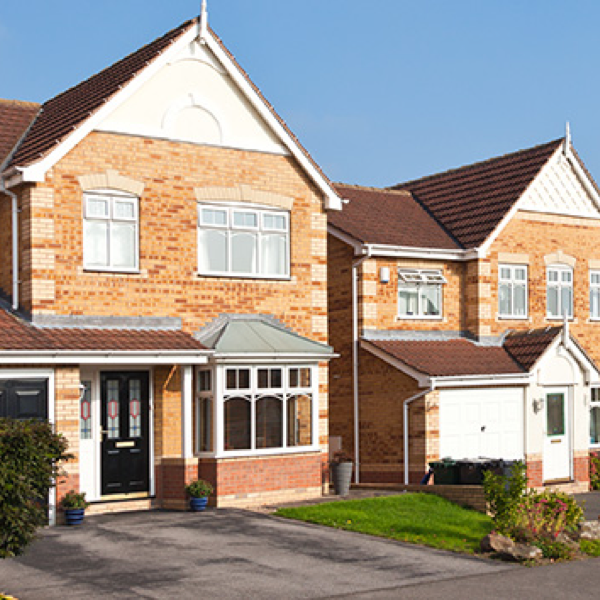Keeping a safe social distance
While much of the UK’s workforce had to adopt working from home as the new normal, as soon as guidance was provided, it became clear that construction sites were one area that actually could open up again, albeit subject to strict rules and regulations about social distancing.
As the greater part of construction work can be completed working outdoors, thanks to some superhuman efforts, many firms have managed to make up for time lost and meet their contract conditions. By embracing modern technology and innovative solutions – such as point cloud scanning – our teams have been able to ‘survey from home’ a large bulk of our projects. This has certainly helped ease pressure created by social distancing and travel restrictions.
Supply chain issues
There are undoubtedly still some supply chain issues being felt, particularly with some hold-ups to shipments coming from overseas which have caused some hitches and inevitably some increased costs. There has also been a considerable impact on planning and inspection schedules, with the need to prioritise individuals’ health and safety and ensure that site visits can be completed with social distancing in place to minimise the risk of spreading coronavirus.
Road to recovery
Despite these challenges, following a record decline in construction output at the start of lockdown, construction output has also seen record growth. With so little traffic on the roads as people continued to work from home, road construction and infrastructure projects were accelerated, as it was seen as a perfect time to work on repairs and updates to major trunk roads around the country.
Residential market boost
In addition, over the summer, residential building hit a peak not seen for at least five years. This was probably due to a degree of pent-up demand from buyers and a boost to activity as firms played catch-up to overcome programme delays.
The Government further stimulated house buying activity with Chancellor Rishi Sunak’s announcement of a temporary stamp duty holiday on the first £500,000 of all property sales in England and Northern Ireland. The tax threshold has been temporarily raised until March 2021. The average saving will be £4,500, with nine out of ten buyers likely to pay no stamp duty at all. Following this announcement, enquiries to estate agents surged in July and August saw the highest monthly price rise for houses in more than 16 years.
Clearly the construction industry has suffered, along with every other sector, as a result of the ongoing COVID-19 pandemic. A strong construction industry underpins a stable economy, so it is vital for the recovery of our economy as a whole that the market remains buoyant in these uncertain times.
The question now is, how can firms remain competitive and even emerge stronger going into next year and beyond with the added challenges of another potential lockdown and Brexit’s predicted skills shortages to take into consideration?








